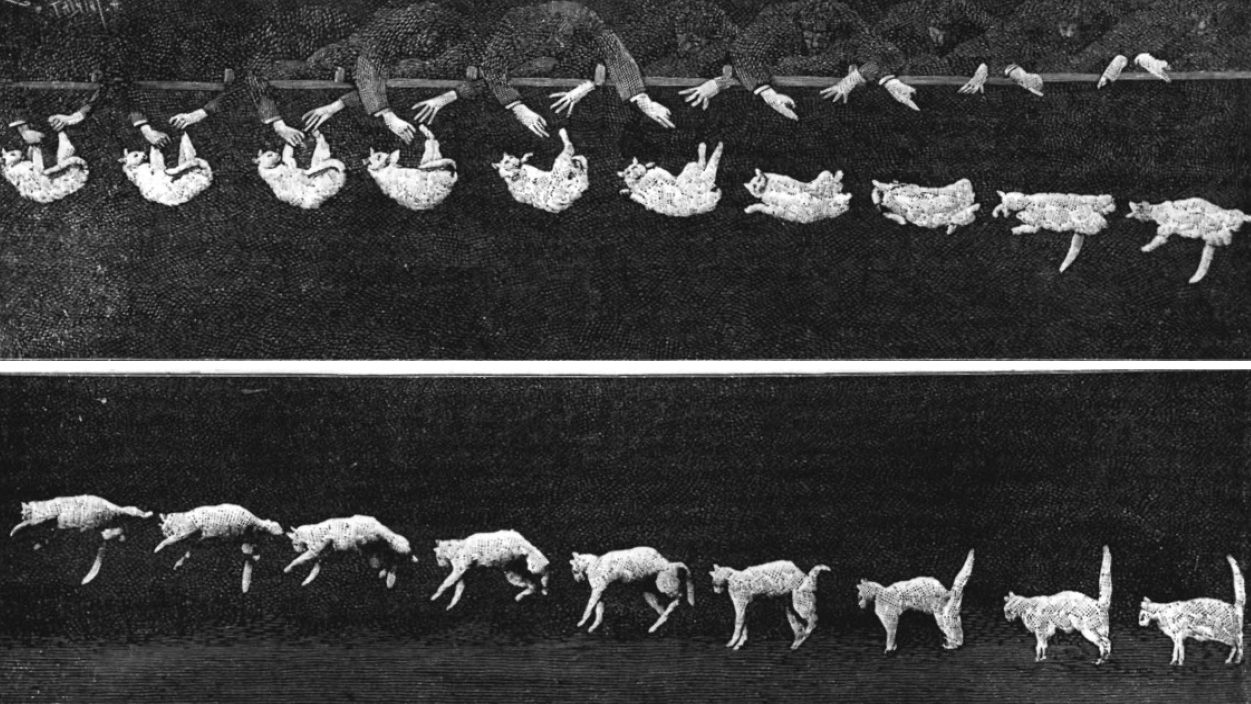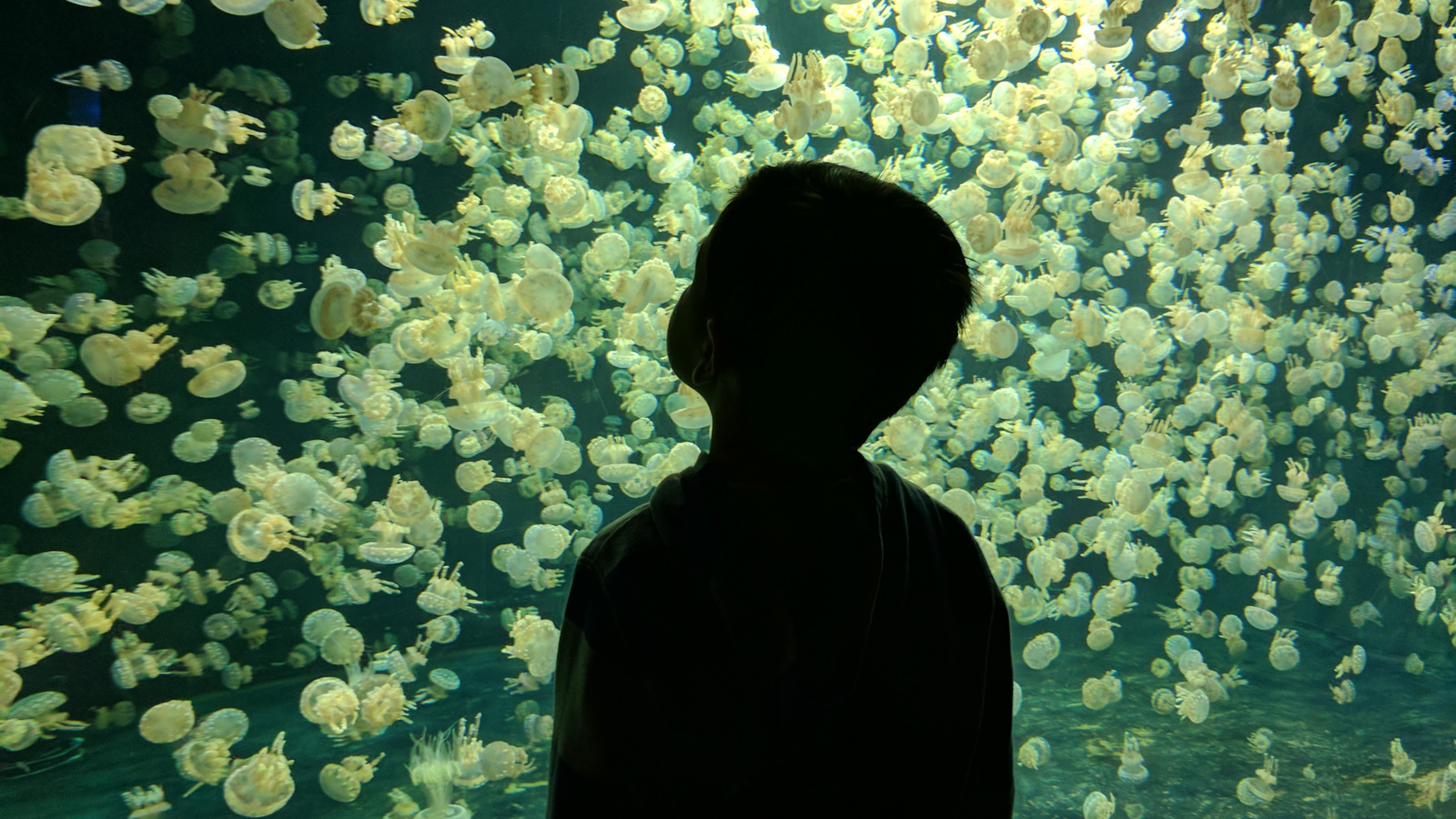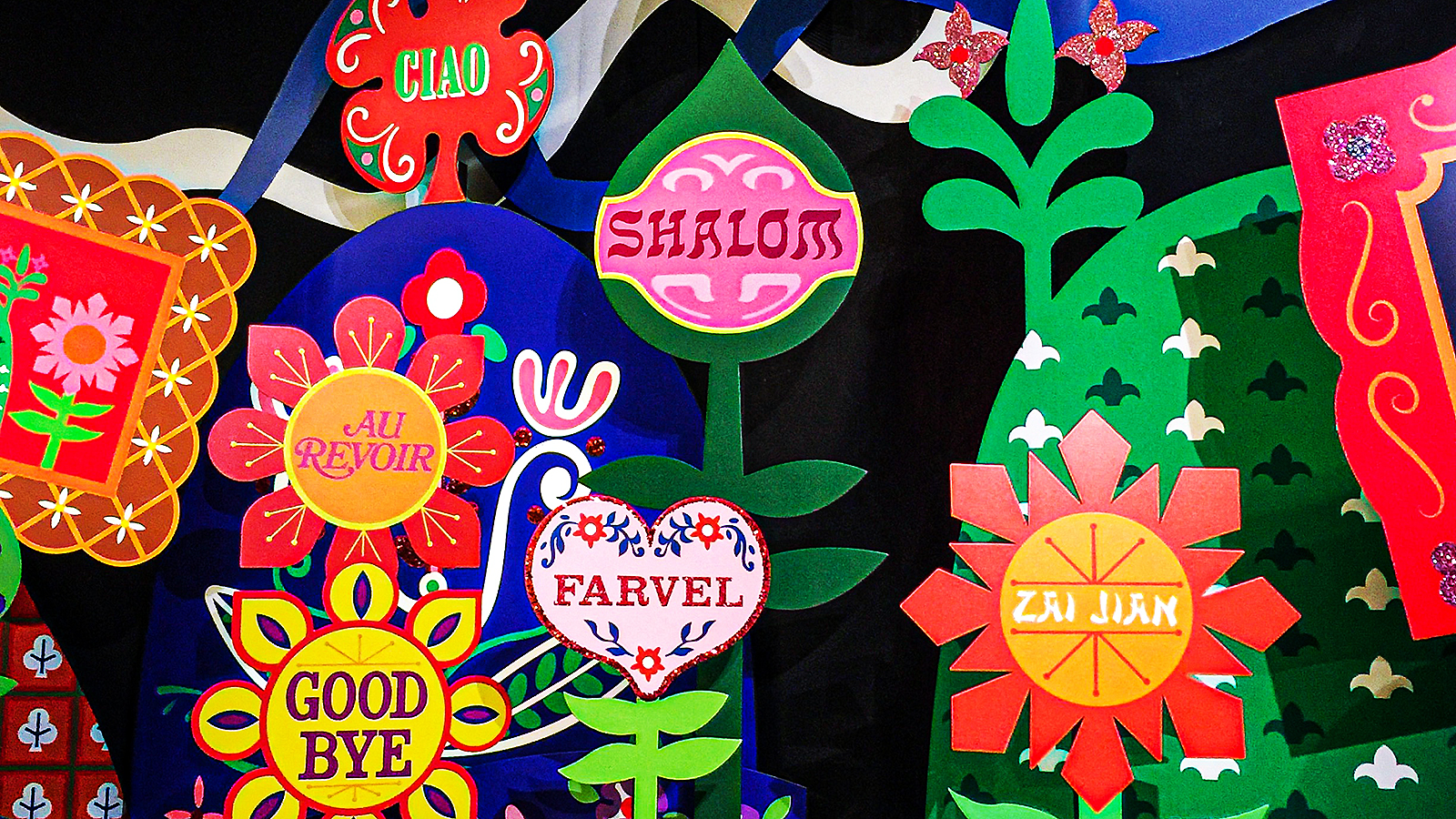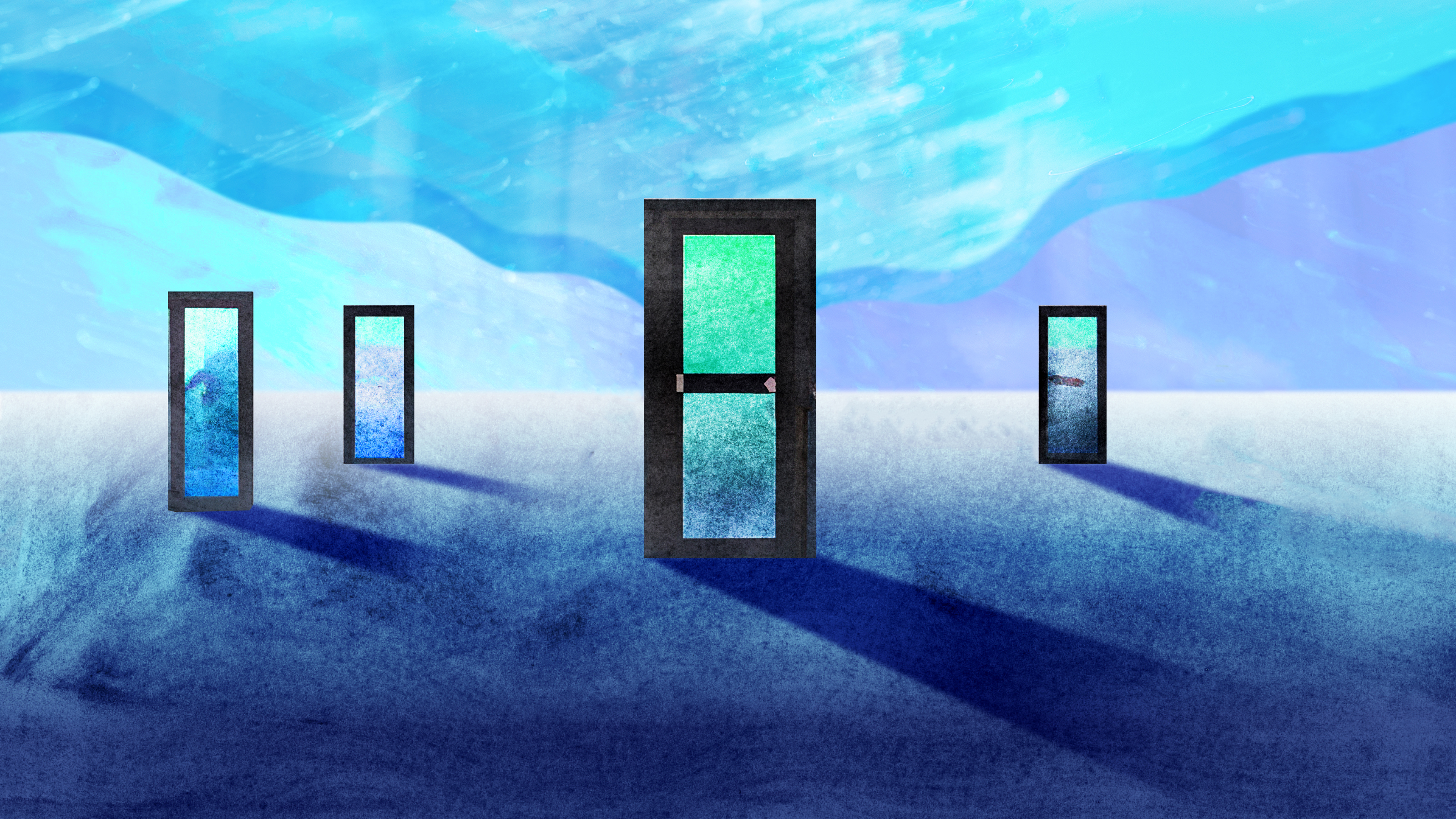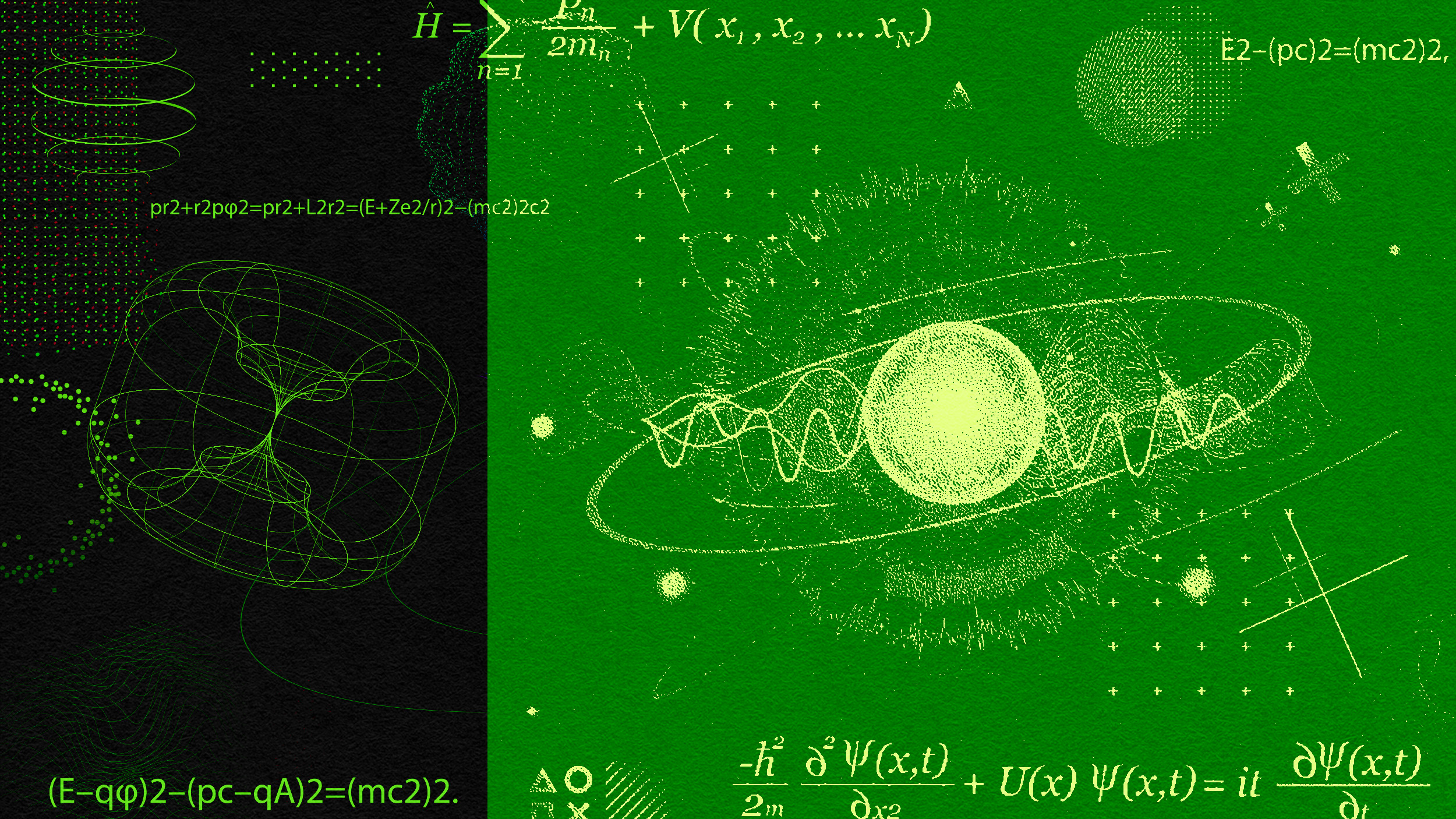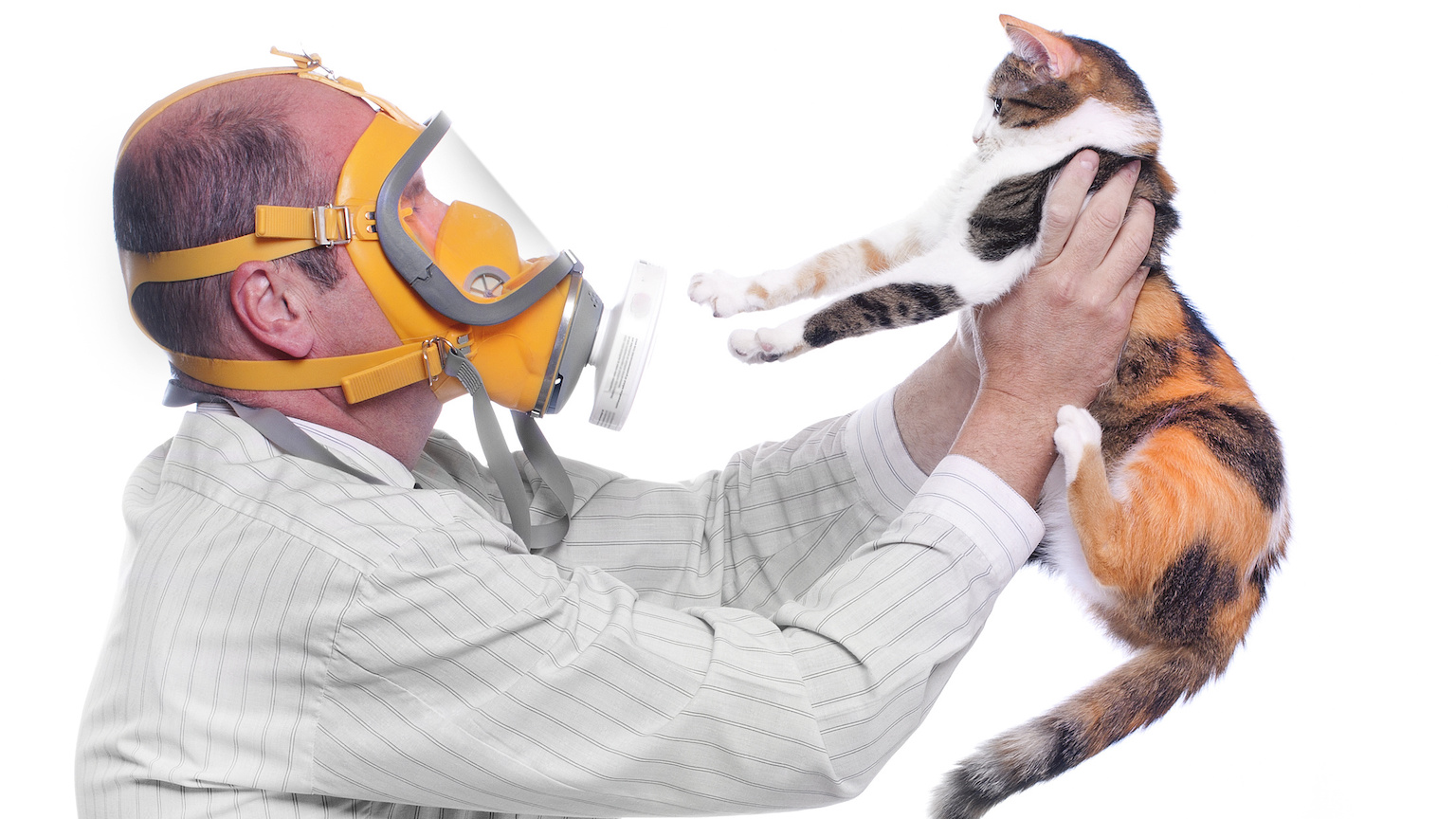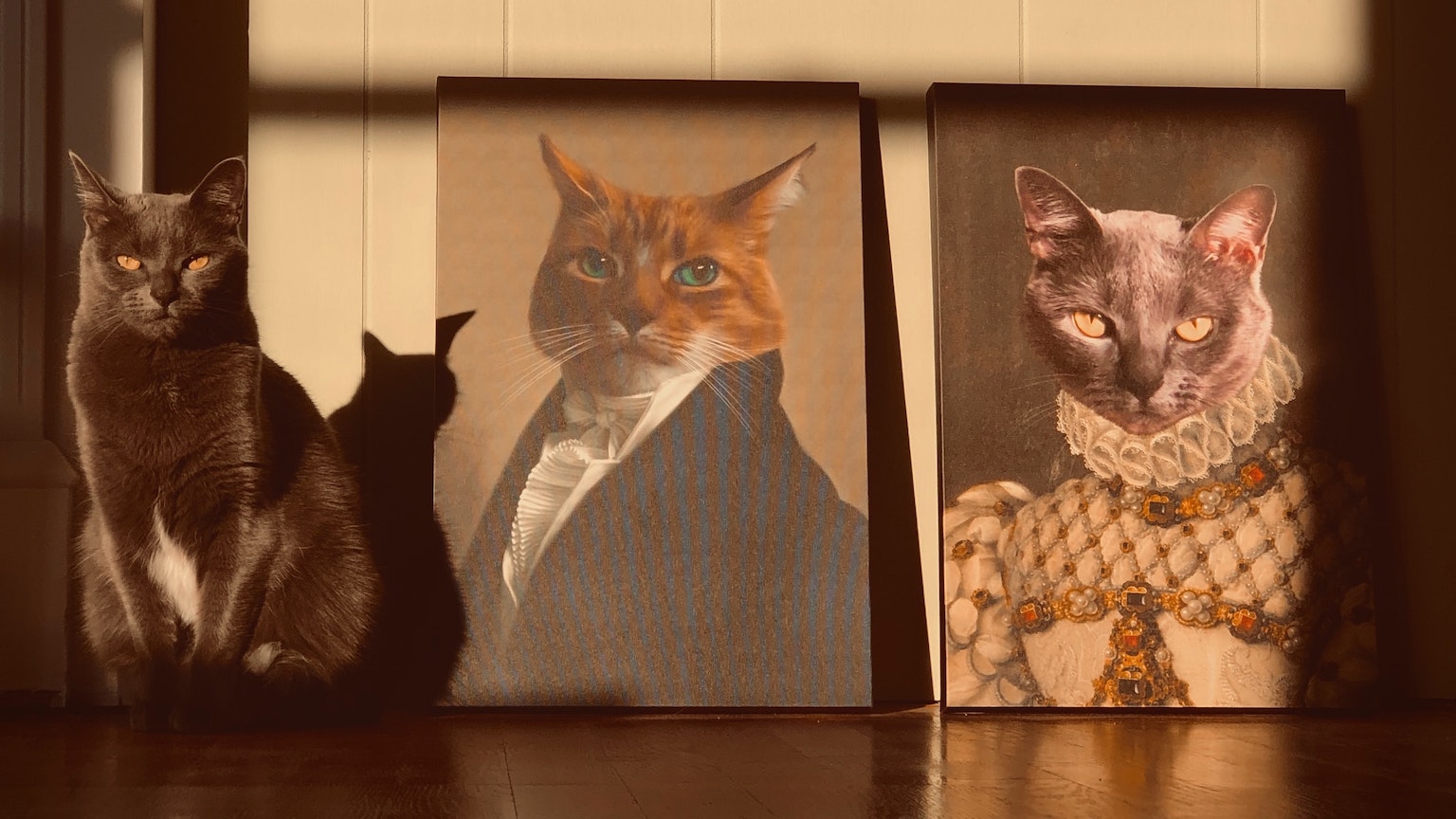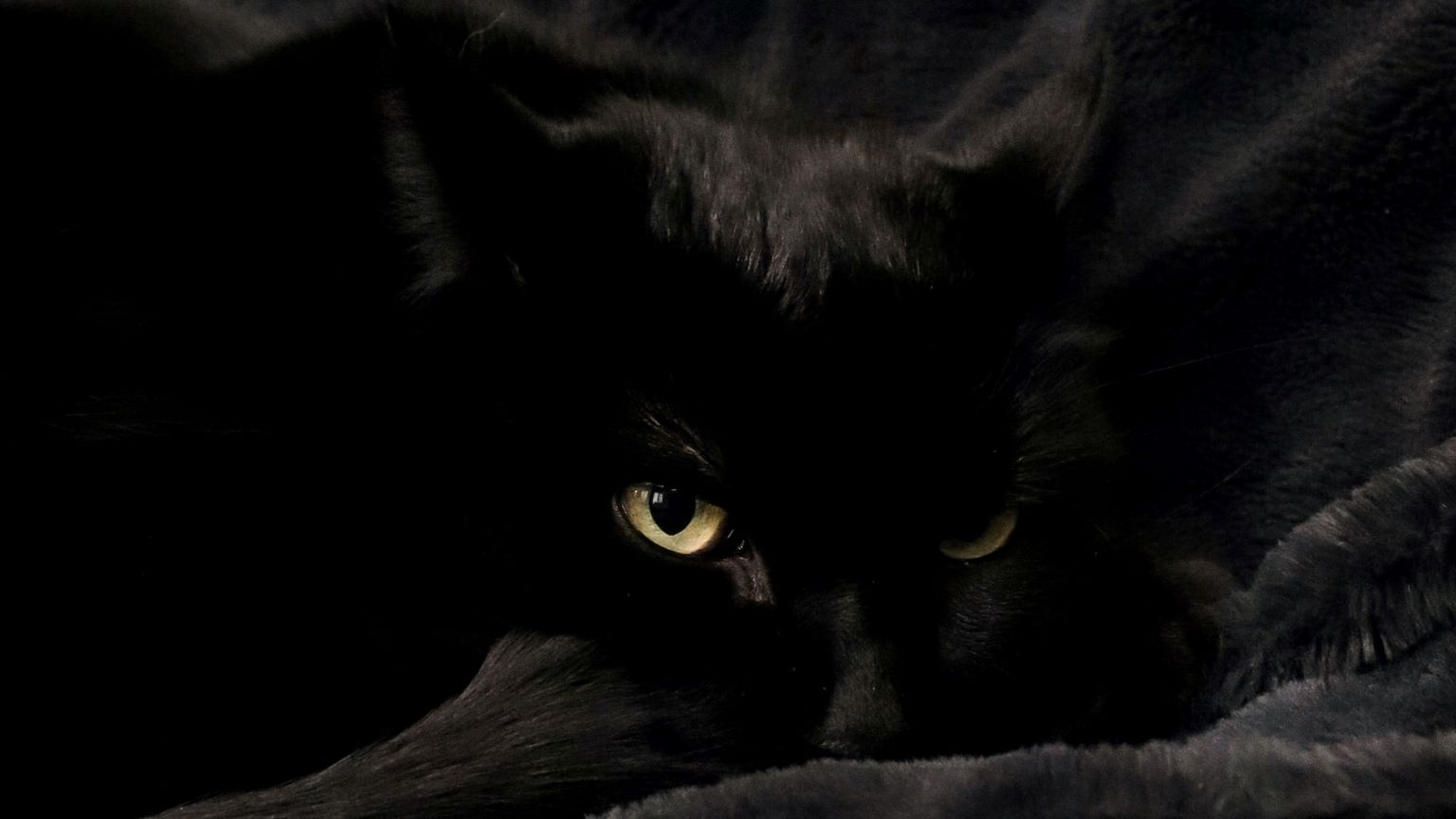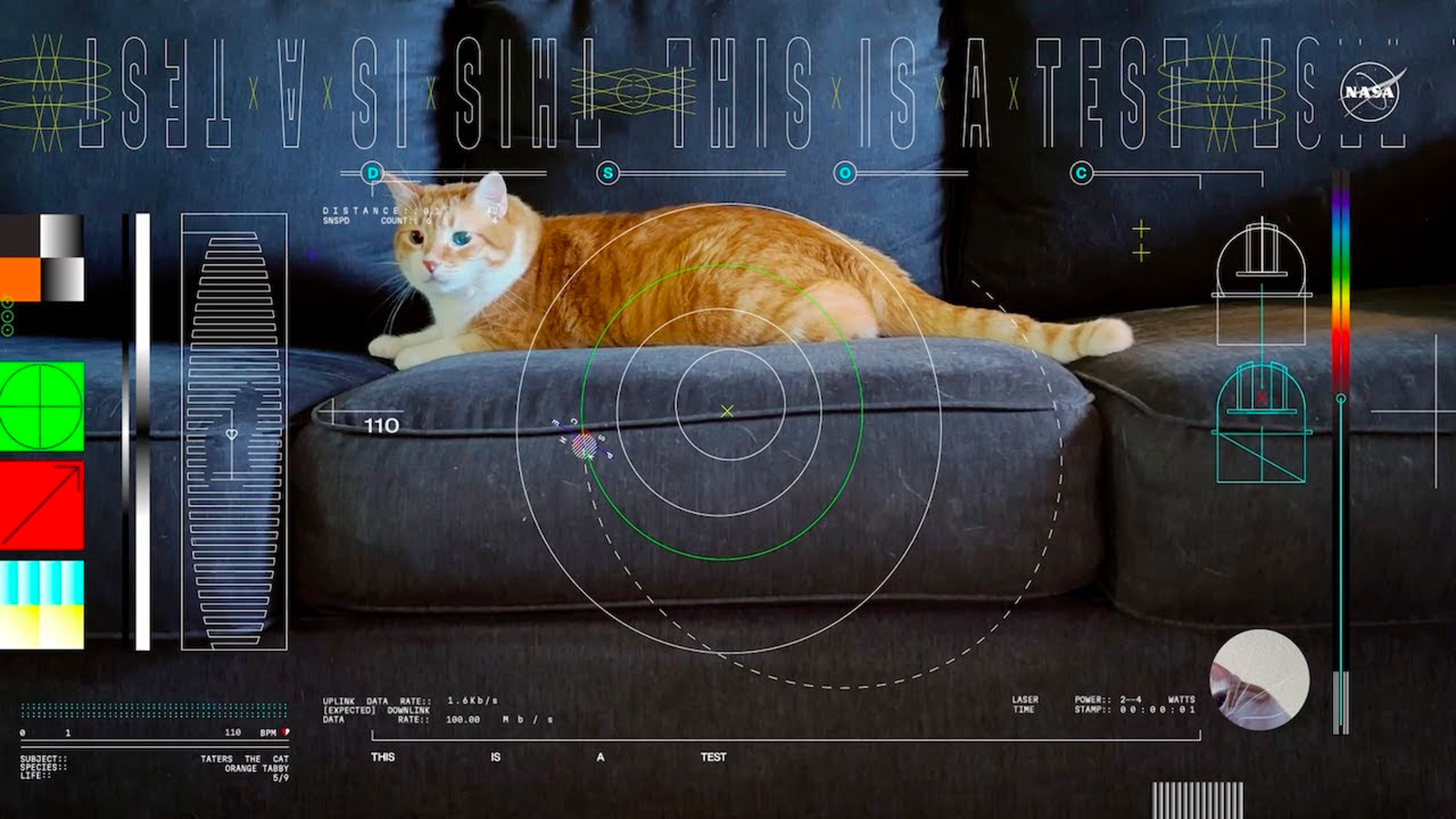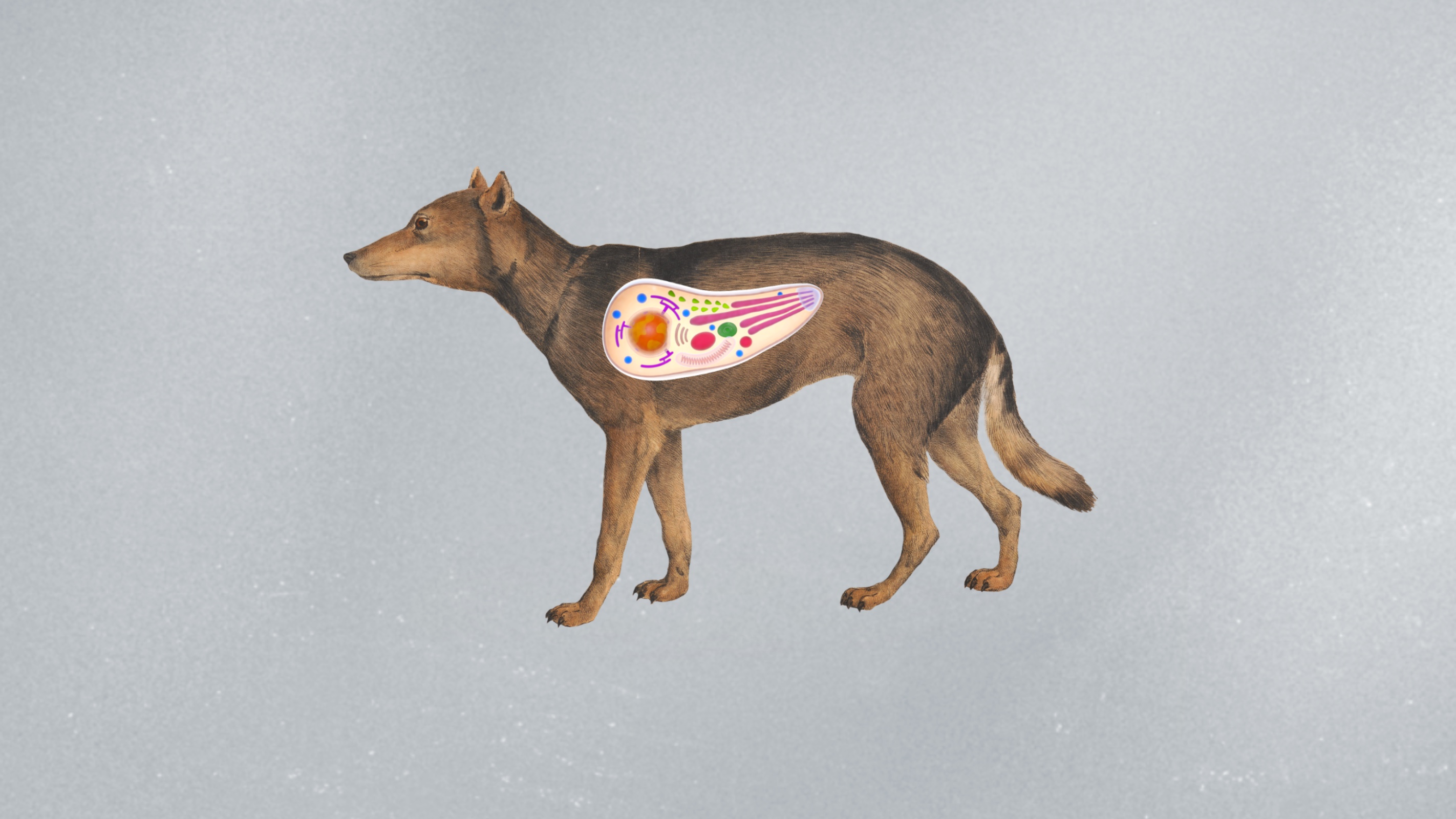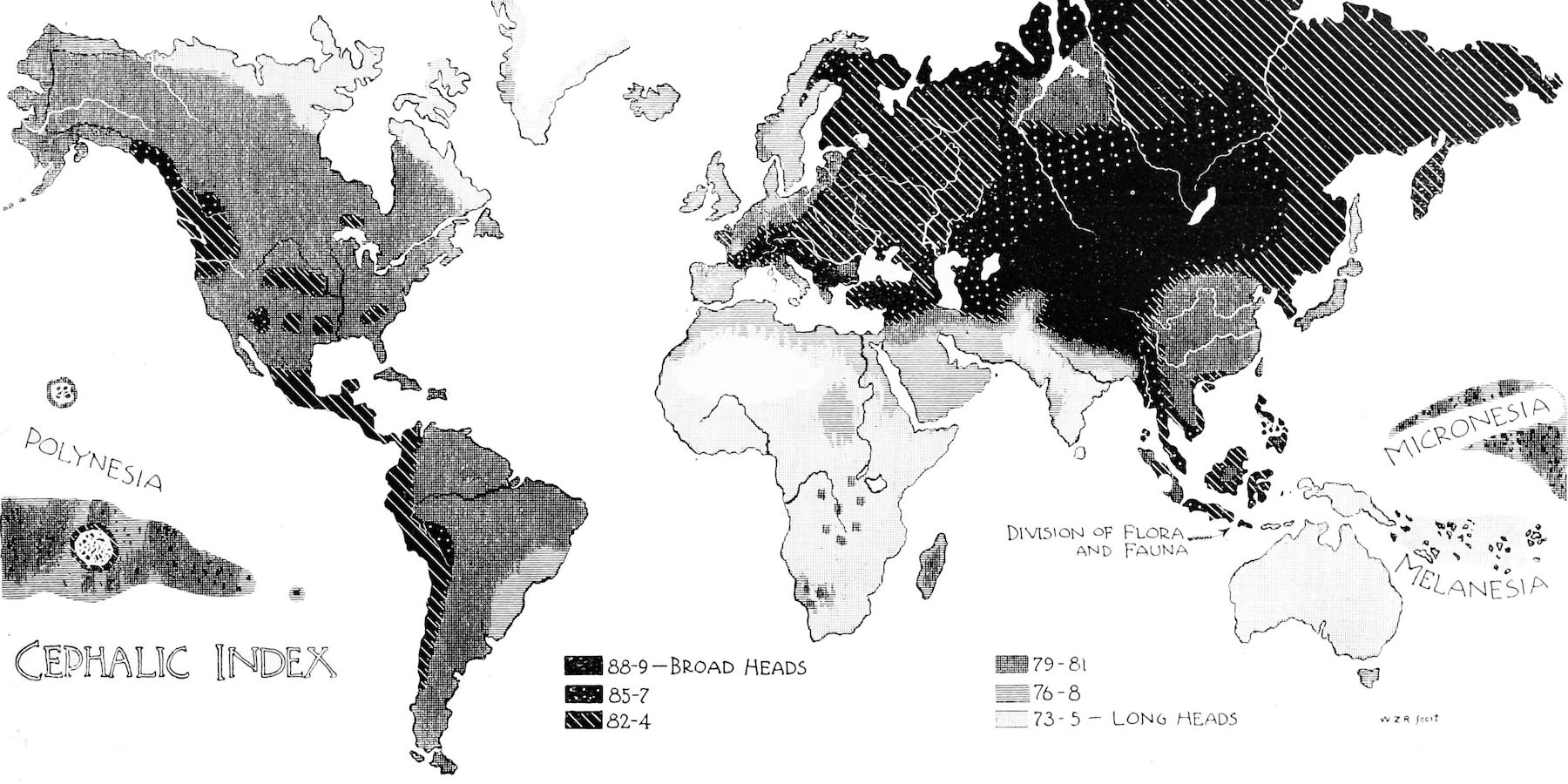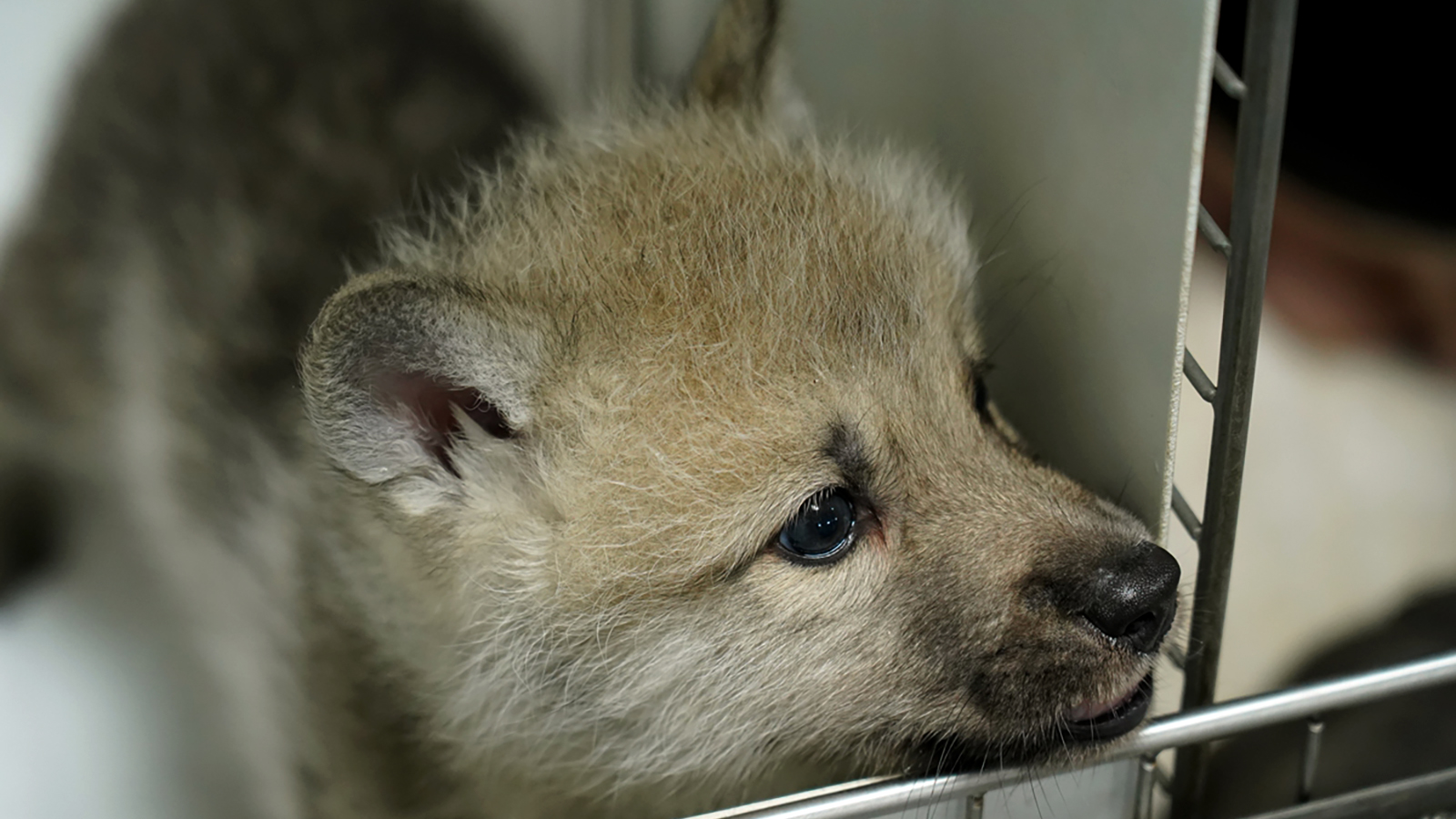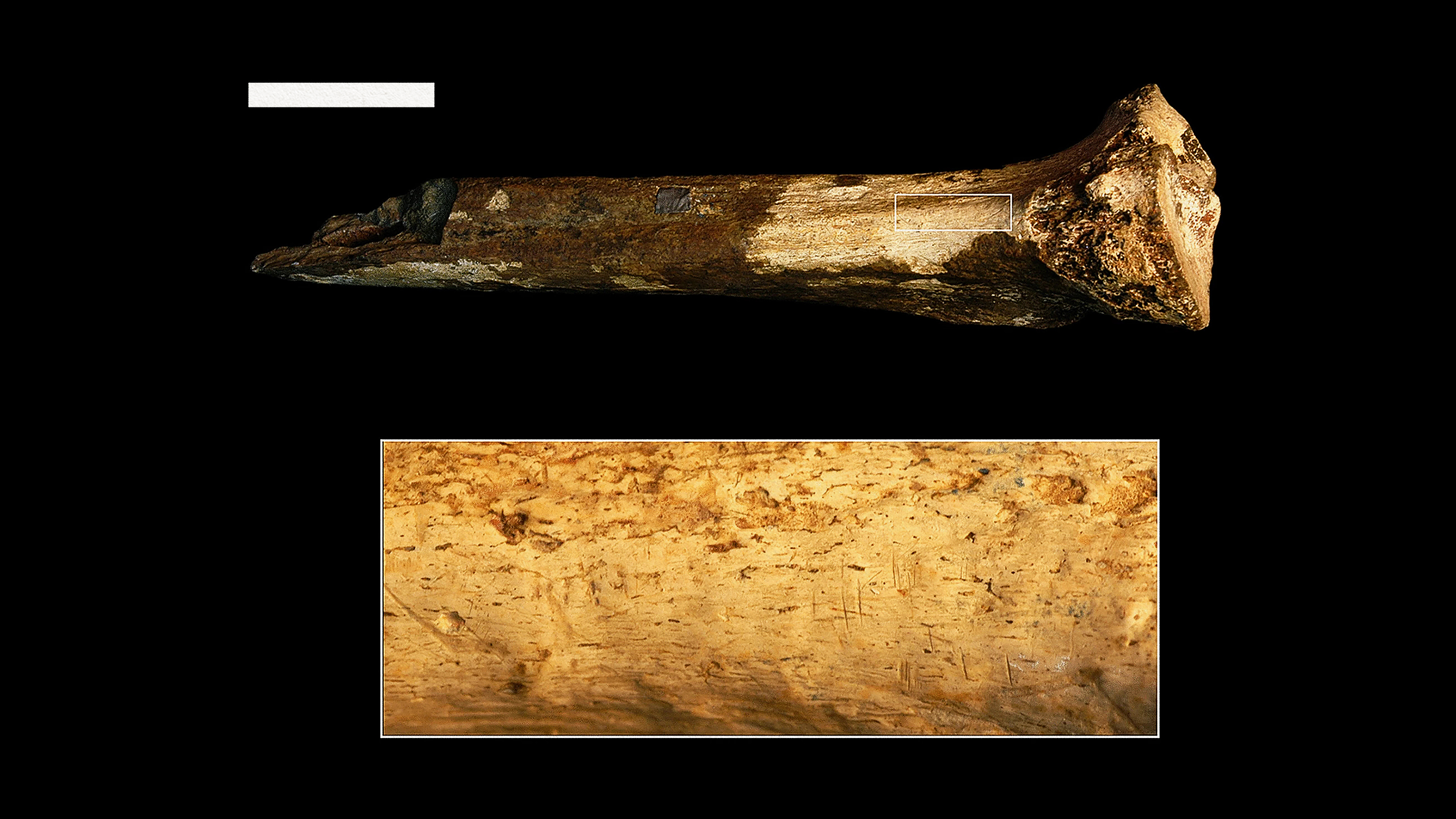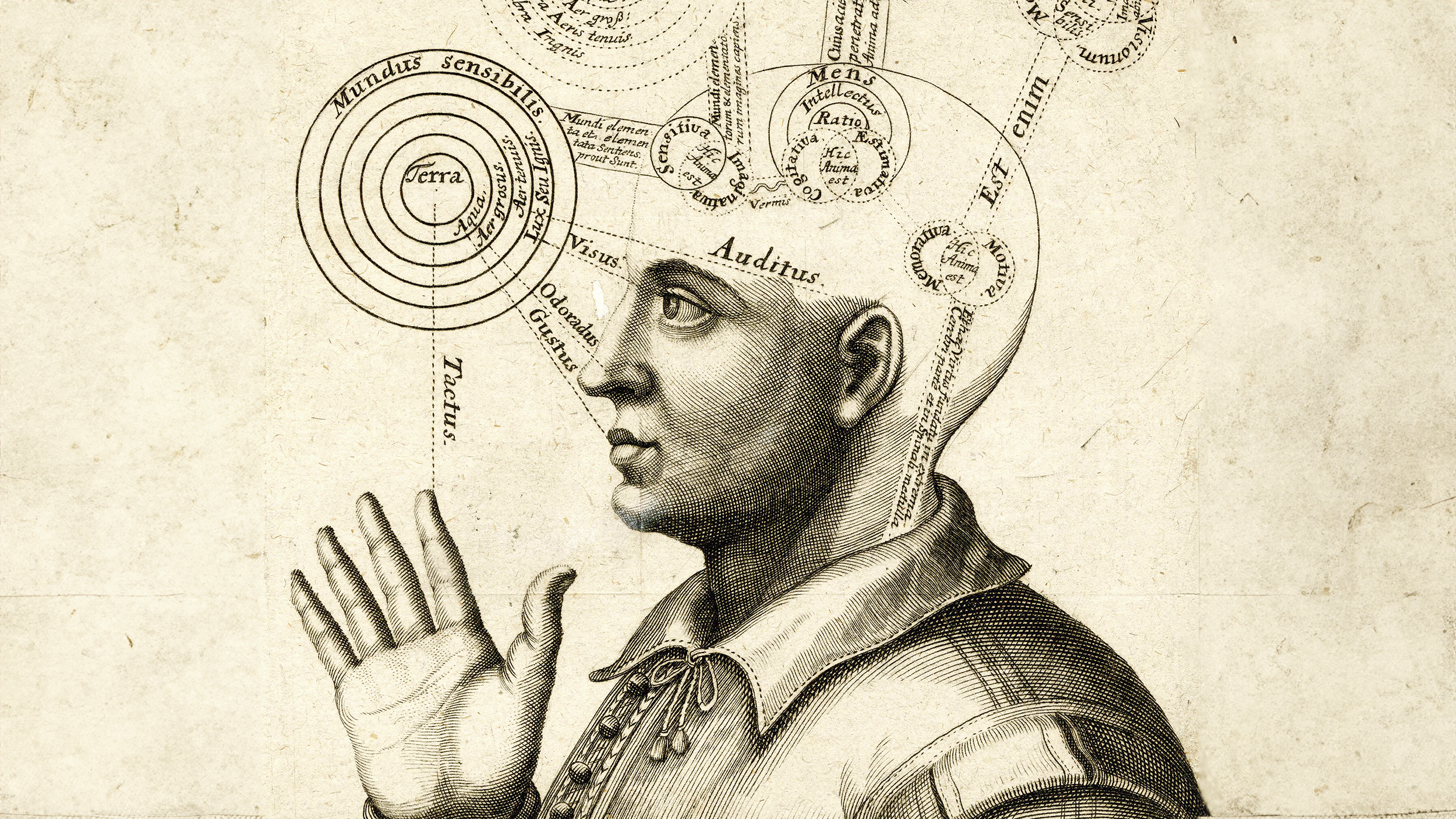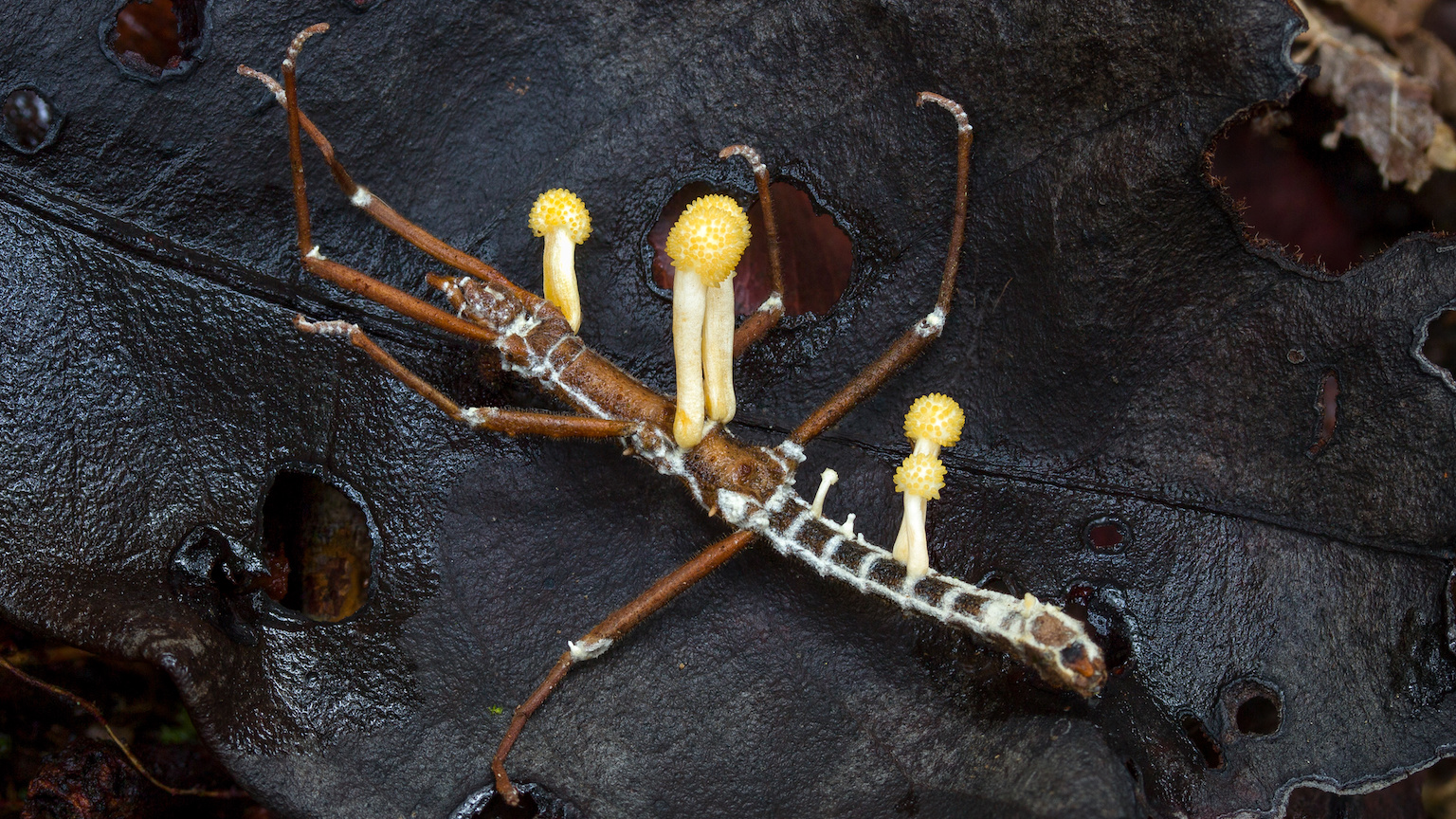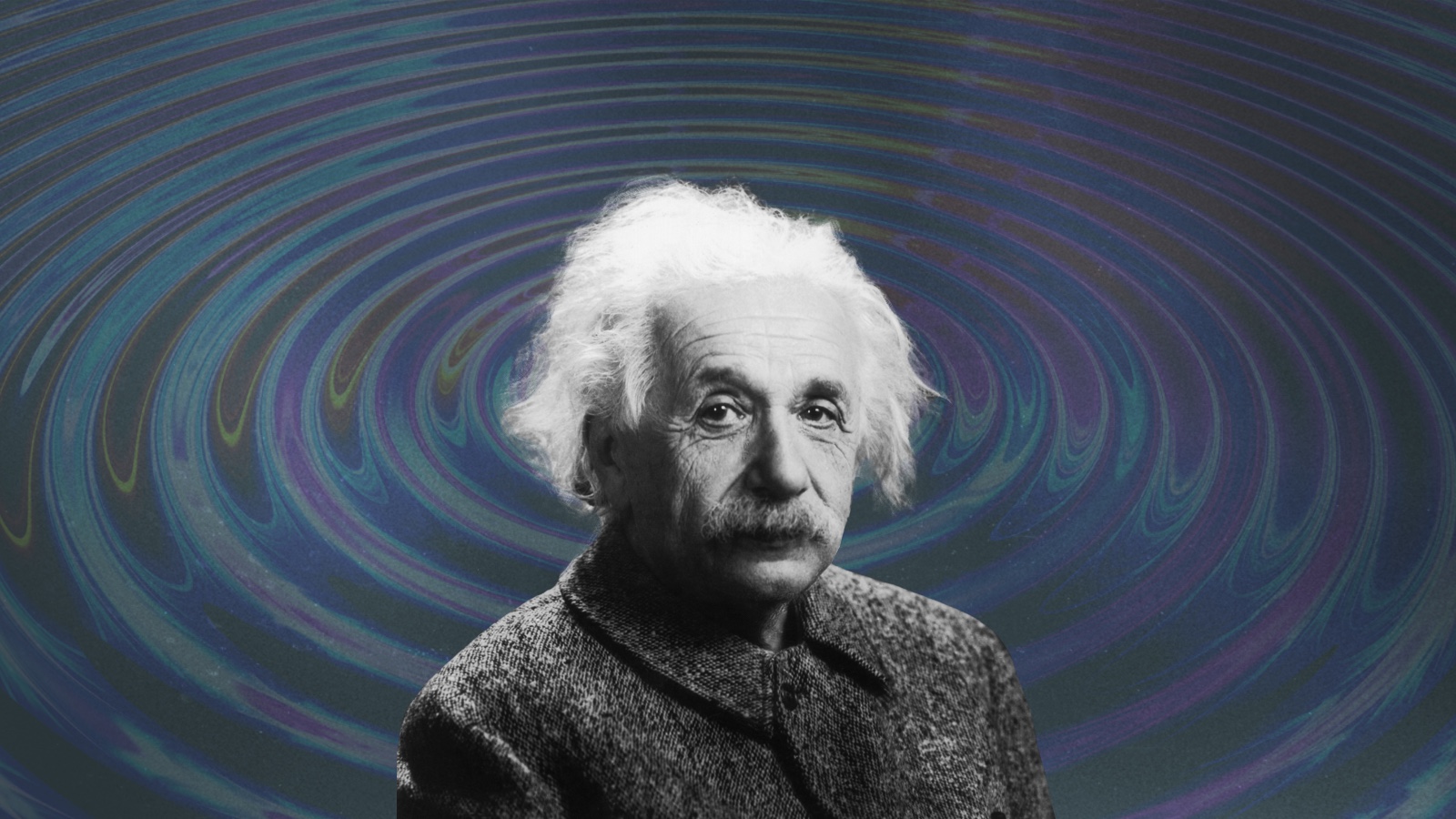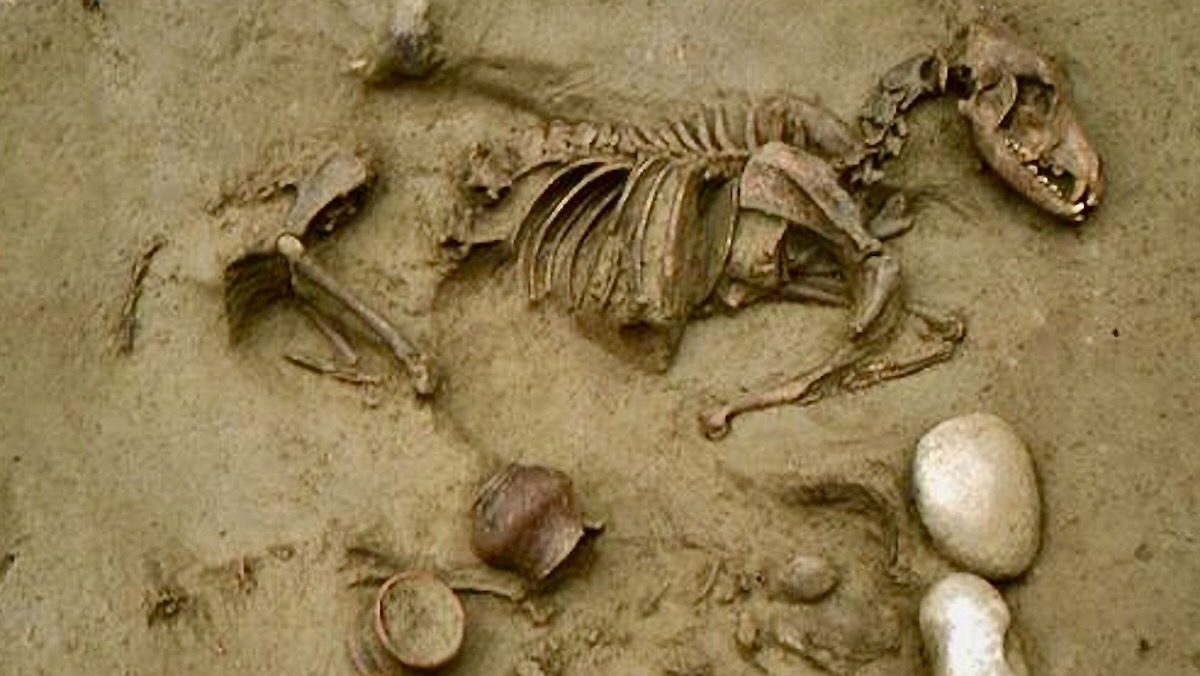A photographer captured Bern’s eclectic and charming feline structures.
Search Results
You searched for: Cats
Cats twist and snakes slide, exploiting and negotiating physical laws. Scientists are figuring out how.
Pugs are funny and cute, but that is because we have bred them intentionally to have debilitating genetic mutations. Is that ethical?
Ancient bones reveal that domesticated felines were at home in Pre-Neolithic Poland around 8,000 years ago.
Despite a reputation for catastrophe and cat killings, curiosity is a beneficial drive that improves our lives and well-being.
People who rate themselves as highly knowledgeable about cats are more likely to interact with cats in ways they don’t like.
Dogs are seen as more likely to leap without looking – possibly a trait shared with their owners.
A new technique that can automatically classify phases of physical systems could help scientists investigate novel materials.
“Not my circus, not my monkeys.”
Katie Kermode — a memory athlete with four world records — tells Big Think about her unique spin on an ancient technique to memorize unfathomably long lists of information.
The multiverse is an idea that has gained a lot of traction in popular culture. But what does science have to say about it?
The evolution of quantum technology is far from over.
The results of a recent study found that genetically engineering cats could be a solution to eliminating cat allergies.
The record-breaking transmission could revolutionize deep space communication.
HaptX gloves provide high-fidelity touch feedback of virtual spaces (and they look cool, too).
For nearly a century, physicists have argued over how to interpret quantum physics. But reality exists independent of any interpretation.
Toxoplasmosis, which results from a chance encounter with a cougar and the parasite it carries, can push a wolf to seek alpha status.
You can learn a lot about life through literature’s most unrespectable and heinous characters.
These landscapes — of geographical differences in head shapes — have vanished from acceptable science (and cartography).
We could even benefit from more whataboutisms — if they’re used properly.
This pup puts us one step closer to resurrecting extinct species.
A 1.5-million-year-old hominin bone shows signs that the victim was eaten by lions — and humans.
Language influences how you visually process the world, which in turn influences your memory of it.
Neural imaging has shown that the brain has “decided” what we’re going to do before we make a conscious choice — but is this even relevant to free will?
It’s knowledgeable, confident, and behaves human-like in many ways. But it’s not magic that powers AI though; it’s just math and data.
An emerging field studies parasites that take over the nervous system of a host.
Einstein tried to disprove quantum mechanics. Instead, a weird concept called entanglement showed that Einstein was wrong.
A poignant, 2,000-year-old burial in northern Italy could be the latest evidence of an ancient friendship.

